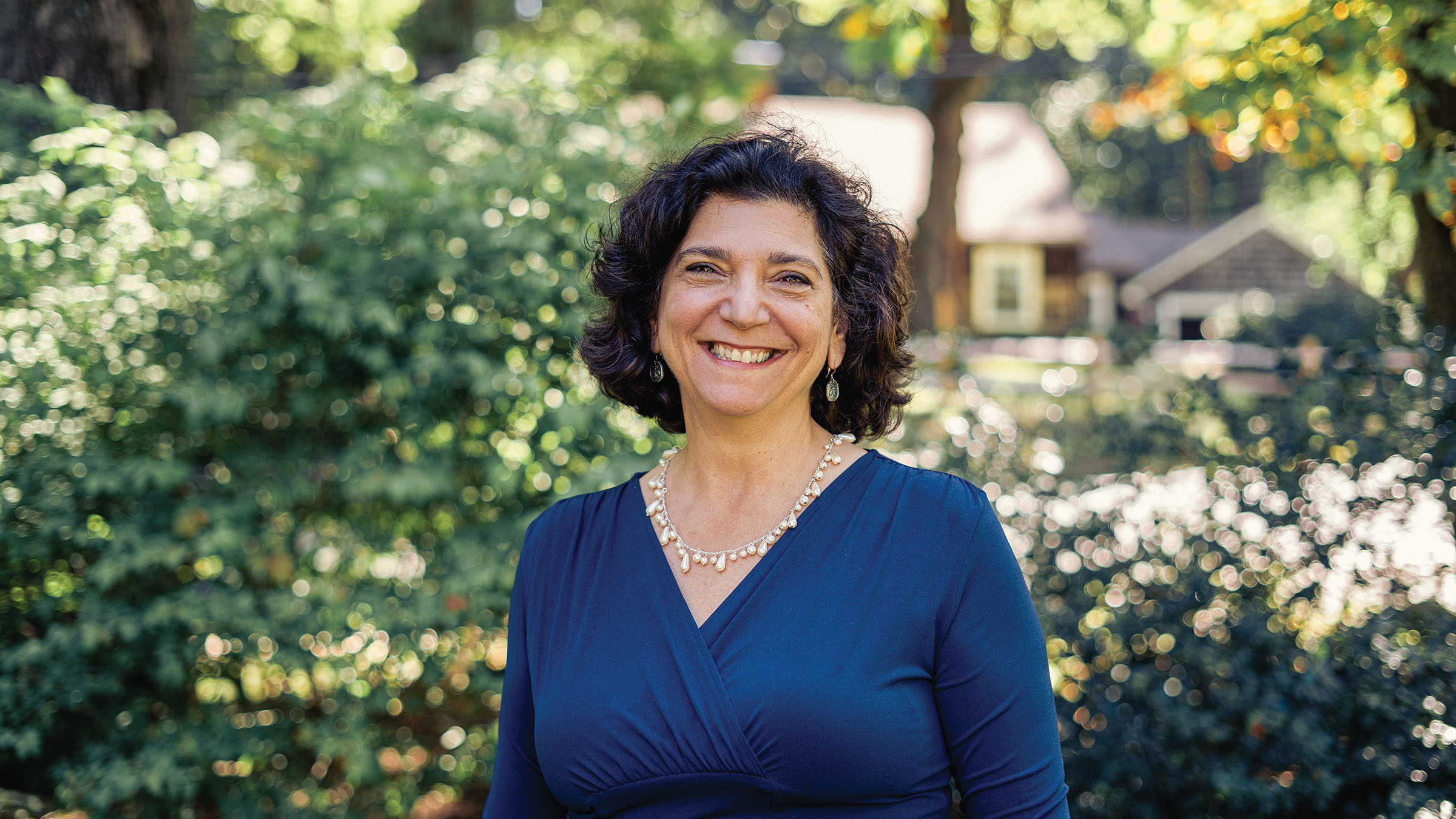Clinicians have an implicit—if not explicit—obligation to advocate for their patients. However, as health care’s complexity increases, independent advocates can help patients navigate systematic challenges throughout the continuum. Independent advocates follow the patient, not the reimbursement constraints, a chief distinction between us and clinical, facility, or agency case managers.

Independent advocates come from a variety of backgrounds, including healthcare management, insurance and billing, medicine, nursing, the pharmaceutical industry, or social work. But even if we have clinical credentials, independent advocates never make decisions about specific treatment choices, offer clinical opinions, or provide medical care. We do not interfere with the patient-provider relationship, but as experienced professionals we can liaison between stakeholders to improve clinical outcomes and care experiences.
ONS member Lea Ann Biafora, MS, RN, OCN®, CCM, CPHQ, ONN-CG, founded Beacon Advocates in 2012 after 22 years of working in both administrative roles and direct clinical care. The nurse-led concierge cancer care management company has a unique independent advocacy approach that blends the clinical expertise of oncology RNs and social workers experienced in cancer care.
Independent advocates are uniquely positioned to address the needs of patients with cancer and dementia. Both diagnoses are complex and pose concurrent challenges, and coordinating care across a wide range of providers is especially necessary when patients are less able to understand their own concerns, experiences, or histories.
As a symptomatic person’s cognitive impairment increases, independent advocates help them access timely and appropriate health care, caretaking resources, living arrangements, and financial assistance. We also protect the patient’s legal and ethical rights by working with clinicians to discern the nuances of capacity for medical consent and healthcare decision making while recognizing state statutes’ unique definitions.
Clinicians help patients manage cancer and symptoms so they may live with as much meaning and purpose as possible. The nature and symptoms of dementia challenge those essential aspects of life even more than cancer alone. Perhaps most challenging of all is ambiguous loss. Dementia makes closure impossible so patients and loved ones cannot fully resolve their grief. As a result, patients with cancer and dementia may experience persistent uncertainty about the future, even if they enter remission.
Together, oncology nurses and independent nurse and social worker advocates can integrate the multiple factors that contribute to the clinical presentation of cancer and dementia and protect patient safety, including:
- Accessing medical and behavioral health records
- Ensuring that clinicians differentiate between issues of polypharmacy, toxicity, or treatment side effects when evaluating transient confusion, delirium, or dementia
- Helping patients with setting changes that can exacerbate confusion or decompensation caused by isolation or absence of familiar loved ones
- Recommending a neuropsychologic assessment when needed
- Supporting caregivers throughout their involvement and connection with their loved one
Debilitating diagnoses like cancer and dementia are profoundly difficult on so many levels, but independent advocates provide essential and compassionate care to identify and honor patients’ preferences and intentions, especially when they are no longer cognitively present enough to do so themselves. No one should be left to adapt and cope alone. Independent advocates fill in the cracks in our healthcare system and connect patients and families to the support and resources that are too often out of reach.
The author thanks Lea Ann Biafora, MS, RN, OCN®, CCM, CPHQ, ONN-CG, for her assistance with this article.






